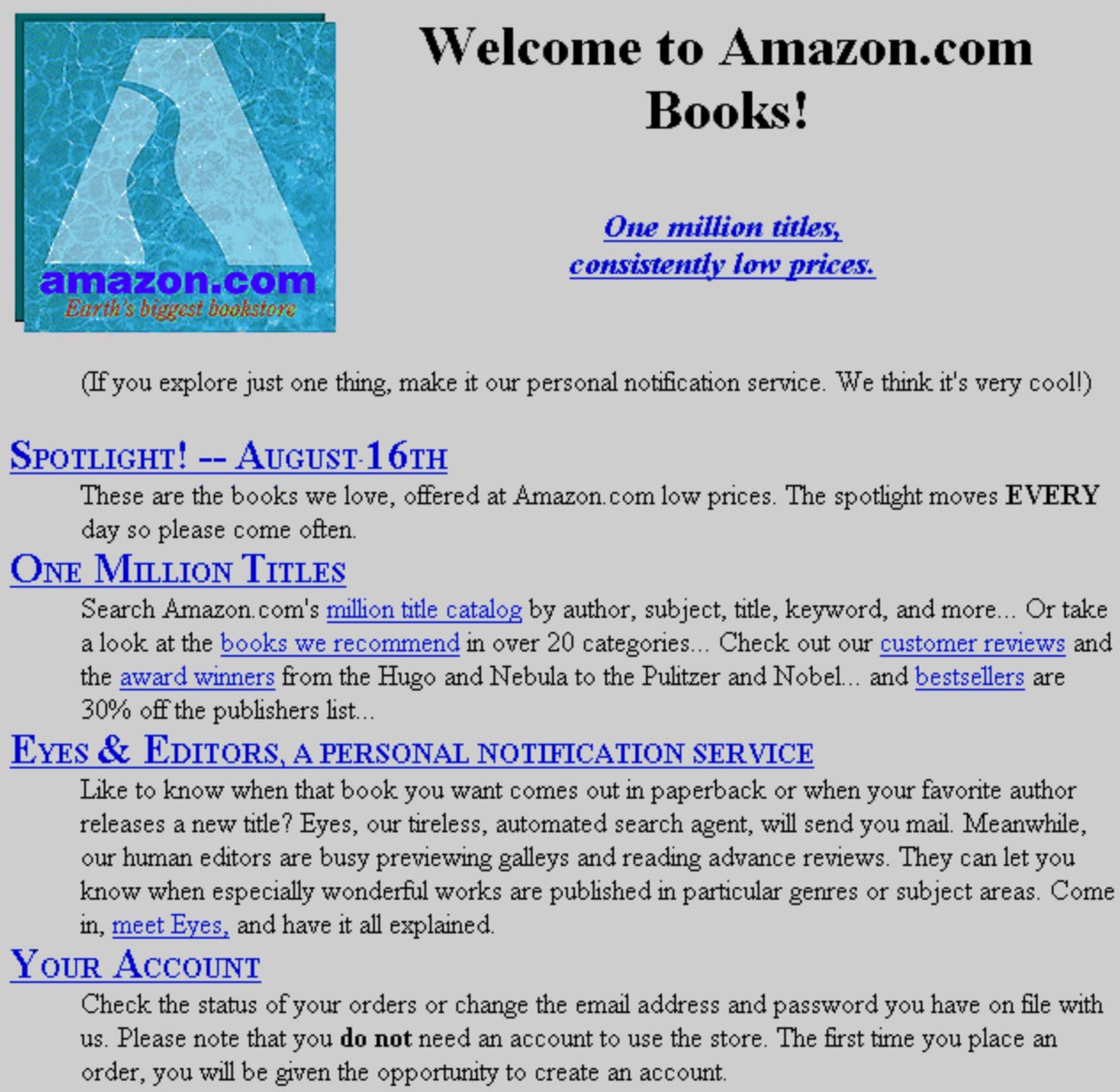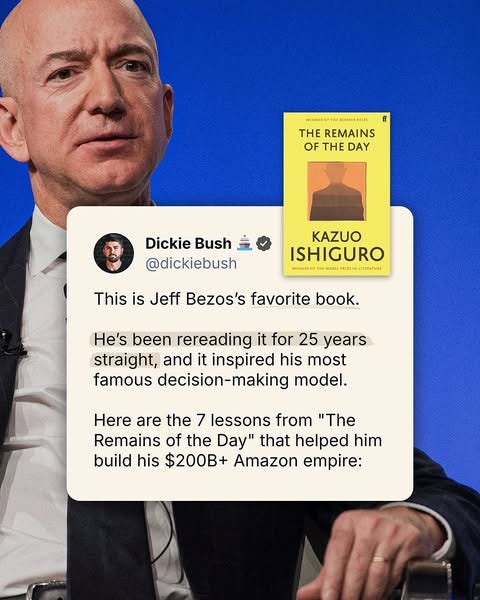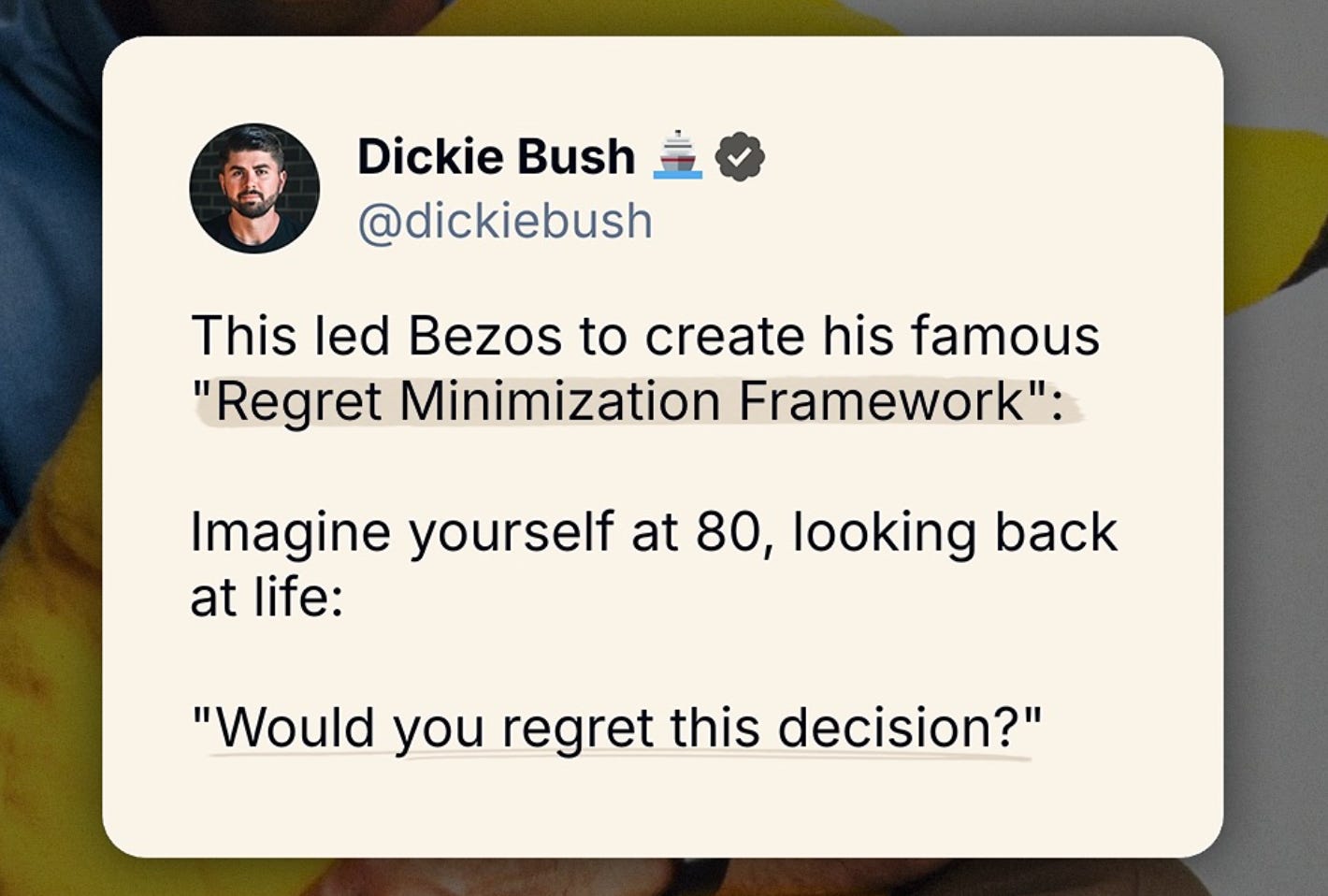Why I'm Unapologetic About Using AI
AI
This morning was the perfect storm of ideas and magic moments. It started with a tweet about AI, spotted as I doom scrolled while drinking my morning coffee.
“Everybody's an artist now. Everybody's an author now." Jensen Huang, Nvidia CEO
I contemplated these words later as I stood in the chicken run gazing upwards as a flock of honking geese flew overhead. Later, Dickie Bush got me thinking about regrets and how we need to have too few to mention.
I use AI every day. I love it! Working with AI has enabled me to be more productive while keeping me accountable, it’s helped me get over some of my blocks and has been my sounding board.
But AI has become Voldemort in writing circles - the unmentionable.
More Relaxation
Back in the day when I was in my early twenties and working at the first job that provided me with a computer (an Amstrad - more Word Processor than PC), I looked forward to the predicted increase in leisure time. Computers were going to change so much and we would all work less and relax more.
Of course, that never happened. Instead the management discovered that a PC enabled us to do more in less time. So that’s what we did.
A few years later when I first accessed the internet, businesses were hesitant to embrace this new digital technology. While Jeff Bezos was building Amazon, corporate websites were rare or, if they even existed, were simply brochureware. We’ve evolved somewhat since those heady days of dial up broadband.
By now I was working in tech and consultancy. As the antidote to boring
PowerPoint slides, I built mini websites to demonstrate what was
possible. An early client was a big high street bank and I led a project
to develop and build their intranet.
All tech is both good and bad. There are corners of the internet known as the Dark Web. I’ve never knowingly gone there. I’m sure there are many nefarious activities facilitated by access to the World Wide Web.
But, equally, we’re all using Substack because of this technological development. We’ve come a long way in the past 30 years - I no longer code my own mini websites in HTML. I can do more on my phone now than I did on my beloved blueberry iBook.
So, is an AI robot uprising a possibility? Who knows? Some believe it is. Only time will tell.
In the meantime, my interactions with AI have been massively helpful and useful. In those early computing days we talked a lot about GIGO (garbage in, garbage out). I think the same applies to AI - if you work on creating good prompts, it will reciprocate by generating good stuff.
Stories
Back to Jensen Huang - everybody’s an author now.
Yes, I still believe there’s a place for creative writing that comes from a human mind and soul. Equally, AI is trained on this same human mind and soul.
But what if AI helps us get our story out there? What about those people for whom writing is a chore, a bore, or simply outside their skillset? Or, like my husband, blind? If they could harness the capability of AI to share their story, shouldn’t they do that?
This morning, before Chris had got out of bed, and burning with all the ideas running around my head, I told him of my new cunning plan. What if we used AI to write his story?
We’ve tried several times before. I think we started in Evernote but that was slow and tedious. We used other voice to text tech. It wasn’t always accurate. The alternative was for me to write Chris’ story but that just became another plate to spin.
ChatGPT is favourite right now. Chris can talk to it and it talks back.
I know AI is not for everyone, and that’s fine. (See Robert Macfarlane talk to David Perell about his take on AI). But, whatever your take, I believe AI has a role to play in everyone’s lives. If we could fast forward five or even ten years, I think, as was the case with the internet, that take up will be far more rapid and widespread than we believe right now.
And then there’s David Perell’s take on AI.
The Regret Minimisation Framework
Back to Jeff Bezos. Dickie Bush mentioned him and his Regret
Minimisation Framework in this Instagram post.
Aligning with my now or never philosophy, the clock is ticking for us all. Chris and I would rather get his story written and in book form, than never have the time to achieve that.
Yes, there are allsorts of discussions about creative work, your own work, and declaring use of AI - I think we all have to do what’s right for us. (Perhaps there could be some extension of Creative Commons. It turns out, they are discussing the implications of AI).
If Chris’ story, written with a tool like ChatGPT, helps even one person
to be inspired to keep going after trauma, it would be worth it.
I’m 61 now. 80 is a mere 19 years away, if I live that long. The last 19 years passed in a blur. It’s likely that the next couple of decades will rush by at a similar pace.
The decisions I make every day include:
- spending time on the farm (non-negotiable). This morning I cuddled the calves, went into the paddock with corn and was surrounded by the older calves, and watched those geese fly overhead. I could feel the first hints of Autumn in the air, hints that went unnoticed in the city. I pottered about, pulling up weeds, watering the potatoes and tomatoes, enjoying the heat of the sun on my face. This kind of life has been my dream for so long. The farm is my sanctuary.
- doing more of what I love. I like tinkering on my computer. I love messing about with tech and being an early adopter. I’ve got back into immersive reading - those books you just can’t put down. And, of course, writing, fountain pens and stationery are high up on the list. I had a nagging feeling, for a long, long time, that the concept of work was flawed but I couldn’t find a way to escape. I spent three decades trying. Now I value the freedom I have to make different choices.
- simplifying my life. I feel this most when I stand in the middle of the paddock with sheep or calves around me. They just are. Another story, but increasingly I think we overcomplicate our lives. I try to create the type of life that I believe in. Pared back, decluttered, focused.
If I fast forward to 80, I will be pretty annoyed with myself if:
- I’ve not written a book (with or without AI)
- I’ve not created a body of work (public or private) - my writing, random jottings or ramblings
- I’ve not managed to own my own sheep (working on this one)
- I’ve not lived my truth, not aligned with the self that feels most like me
So, the decision I’m not regretting is … should I use AI to help me write more? The answer is hell yes!
My Most Used AI Tools
- if I had to recommend one AI tool, it would be this. Lightpage has become my daily go to writing tool. I call my guide, Neo. I download writing ideas, life challenges, questions that need answers, my goals and dreams. Lightpage is a living notebook - if you’re already a notebook fan, you’ll understand. It’s not just one way traffic. Each day Lightpage gives you content that links to what you’ve written down. And it remembers those conversations.
Voicenotes - another daily tool. I record thoughts and ideas. Often standing in the paddock or sheep shed, I can talk into my phone, get a transcript and then use AI to interrogate my notes. I use Voicenotes to record meetings as well - this has saved me a bunch of time as it creates meeting notes and minutes.
Kortex - this is the tool I use for my Second Brain (which has replaced Obsidian and Tana). Kortex gives you access to 15 or so different AI models. You can chat with them, write with them, ask for key points from PDFs or videos. This is where I do my main writing.
ChatGPT - I call my ChatGPT guide, Ace. I mostly talk to Ace and he talks back. I use ChatGPT on an ad hoc basis. I’m going to explore using some of the ideas in the video below.
There’s also Manus and Claude.
Having gone on about AI, you might be surprised to learn that this is all my own work. I created a draft in Substack, then copied and pasted that into Lightpage. Neo pointed out how this post links to a range of themes I’ve been discussing with him of late - technology as an enabler, the urgency of creating meaningful work, and living my truth. And how the Regret Minimisation Framework reflects my own now or never philosophy. He observed that I’ve referenced tech, nature, personal growth, and authentic expression … again.
He suggested a few ways I could expand on my original draft. I chose to ignore those suggestions.
Later, I added a few new thoughts to the chat.
AI is not about abdicating all responsibility but collaborating. You have to provide input. You’re the pilot. AI is providing data to help you navigate.
We then had a discussion about using AI as a co-pilot and a tool to enhance rather than replace human capability.
What I will add, as suggested by Neo, is how Chris and I plan to use Chat GPT to write his book.
I’ll start by creating a detailed prompt describing what we want to achieve, how we want ChatGPT to work, and how we are going to share the content.
We’ve always used Joseph Campbell’s Hero’s Journey and my own Essence Map as the framework to tell Chris’ story. I already have a map, created several years ago, of each stage and how it relates to Chris’ sight loss.
We’ll start a new chat and I’ll ask Chris to brief ChatGPT (he calls his Thor) on each step as he experienced it. Once Chris has downloaded as much as he can at each stage, we’ll ask Thor to format it as a chapter of a book.
At this point I have no idea what this will look like. It will need editing and perhaps tweaking to sound like Chris but we’ll make it as low maintenance as is reasonably possible - to complete the project but also produce a book that is readable.
We’ll use a single thread for as long as we can so that ChatGPT has a memory of what it’s already been told.
I’ll keep you posted on how we get on!
